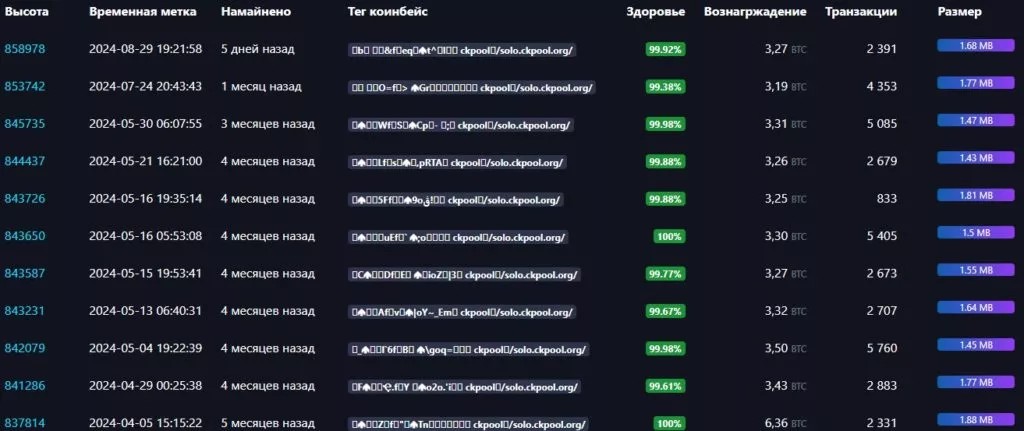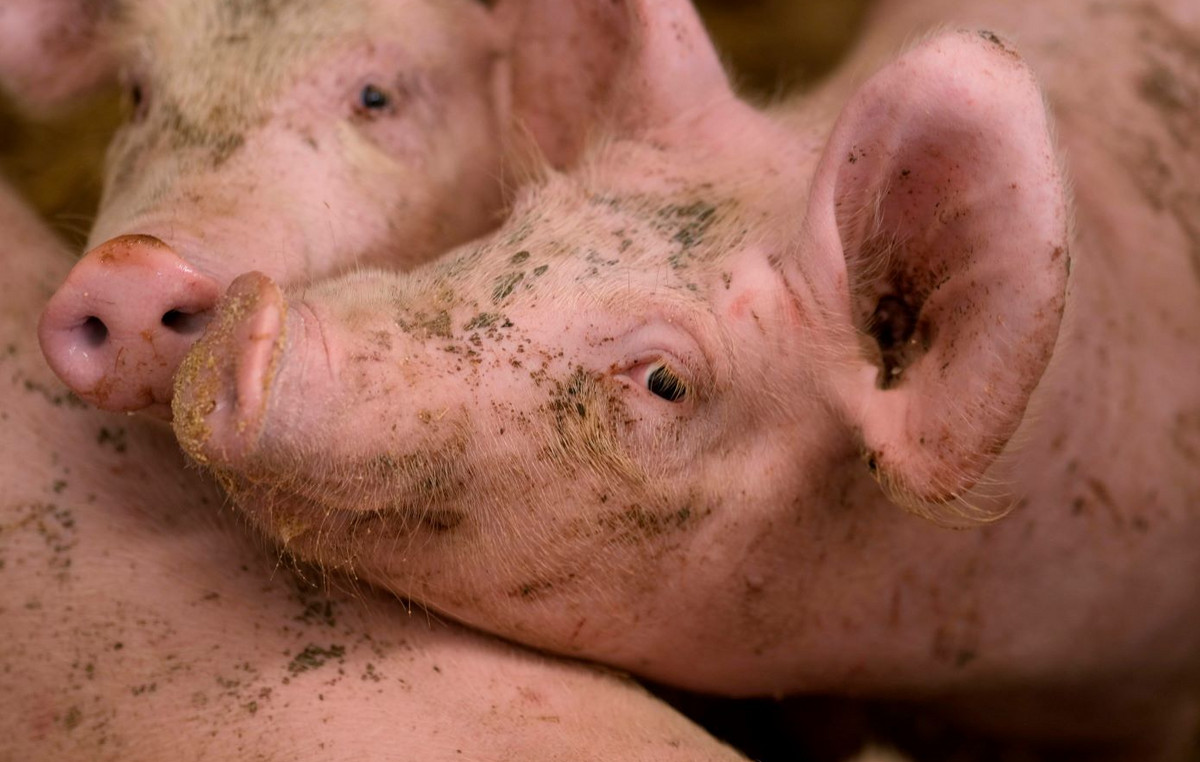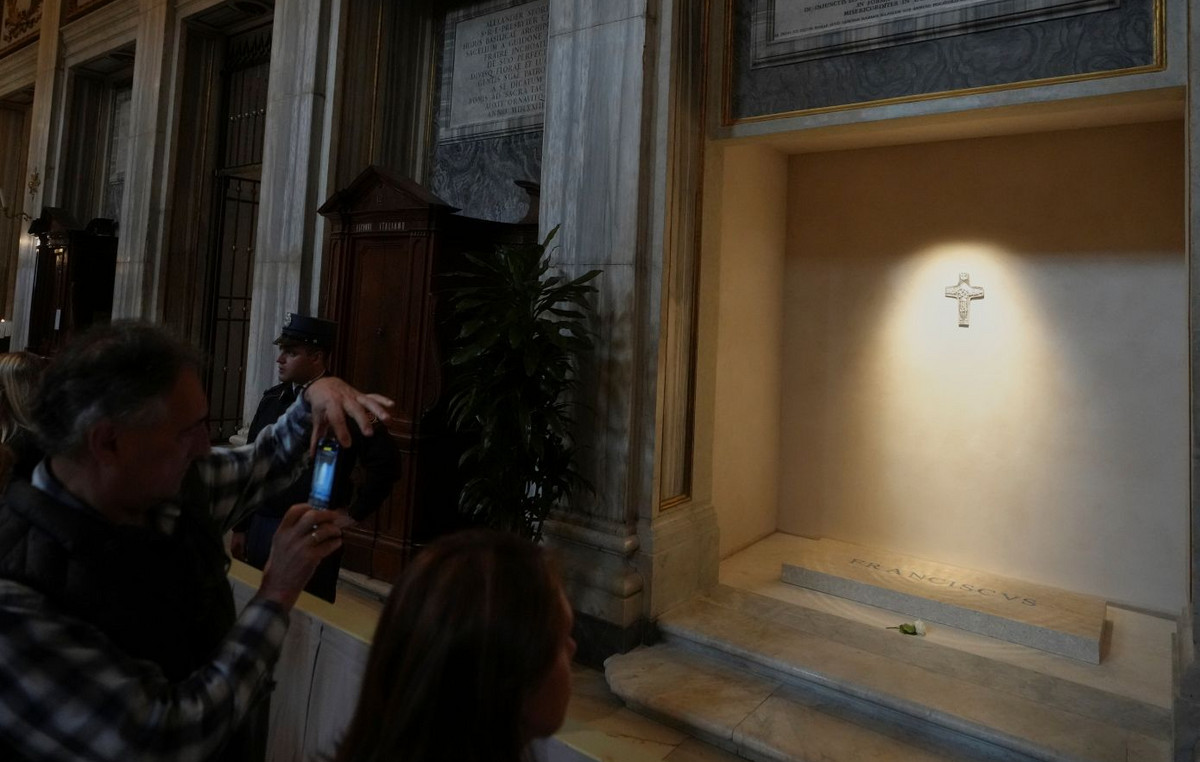Since 2014, solo miners of the first cryptocurrency have mined at least 329 blocks, Protos journalists calculated based on CK Pool data.
CHART: When solo miners found a Bitcoin block
Operating as lone wolves and paying for 100% of their own equipment and electricity, solo bitcoin miners sometimes strike it lucky.
Read more: https://t.co/SNFocjIsqS pic.twitter.com/O024Vjf1Pk
— Protos (@Protos) September 2, 2024
The structure is not a pool in the strict sense, but provides services to individual cryptocurrency miners. The latter connect their hashrate to the network through it and receive 98% of the block reward (minus the CK Pool commission) in case of success.
The actual figures for solo mining are likely to be somewhat higher, since such network participants do not necessarily need to use the platform’s service, the publication noted.
At the same time, the chances of solving the Bitcoin cryptographic puzzle for individuals are almost 0%.
As of March 2023, solo miners mined an average of one block every 10 months. Traditional pools generated 43,200 base network elements during this period.
Hass McCook of the Bitcoin Mining Council put the odds of solo miners at even lower, one in 1.4 million.
But these estimates in no way explain the 11 blocks mined by solo miners over the past six months, Protos emphasized.

At the time of writing, the last time this was achieved was on August 29 by a CKPool user with a hashrate of 38 PH/s. According to pool administrator Con Kolivas, the computing power of the equipment allows mining one block in this way every four months.
According to his calculations, CKPool solo miners have included a total of 291 blocks in the network.
On July 24, a user of a pool with a hashrate of 3 TH/s did it. His total reward was $211,972.
In April, CKPool participants managed to do this twice: the first one earned ∽$422,750 at the beginning of the month, while the second one received only ~$218,544 due to the halving that took place.
Stay up to date! Subscribe to World Stock Market on Telegram.
Source: Cryptocurrency
I am an experienced journalist and writer with a career in the news industry. My focus is on covering Top News stories for World Stock Market, where I provide comprehensive analysis and commentary on markets around the world. I have expertise in writing both long-form articles and shorter pieces that deliver timely, relevant updates to readers.







